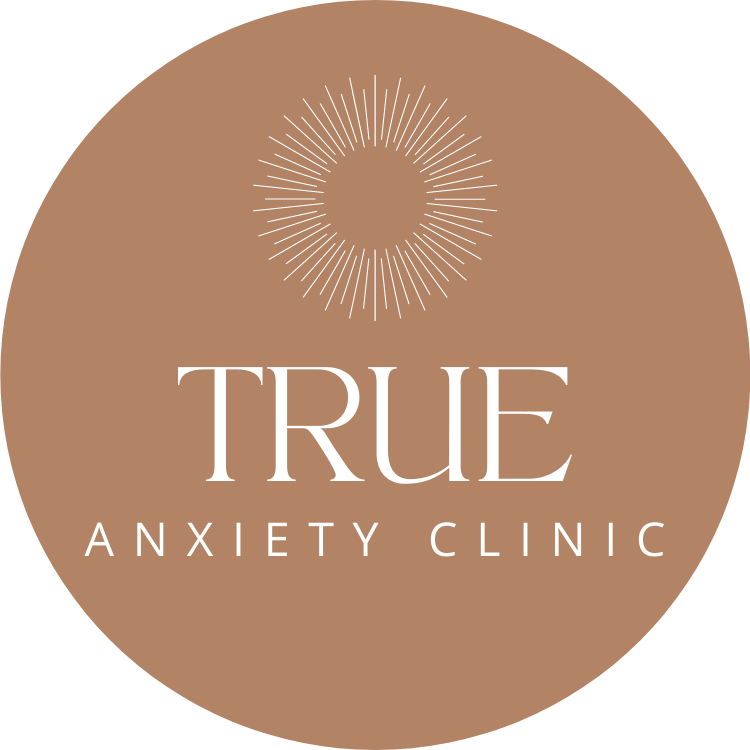Social Anxiety
A person with social anxiety often experiences symptoms of anxiety or fear in social situations, such as meeting new people, dating, being on a job interview, answering a question in class, or having to talk to a cashier in a store. Doing everyday things in front of people—such as eating or drinking in front of others or using a public restroom—can also lead to anxiety or fear. Often a core fear in people suffering from social anxiety is that they will be humiliated, judged, and rejected. At times, people start to avoid situations to cope which can begin to get in the way of work, attending school, or generally living their life.
Some people do not have anxiety in social situations, but have performance anxiety instead. Situations such as giving a speech, playing a sports game, or dancing or playing a musical instrument on stage can lead to symptoms of anxiety. Without treatment, social anxiety disorder can last for many years or a lifetime and prevent a person from reaching his or her full potential.
Social interactions may cause the following physical symptoms:
blushing
nausea
sweating
trembling or shaking
difficulty speaking or stuttering
dizziness
rapid heart rate
Psychological symptoms may include:
worrying intensely about social situations
worrying for days or weeks before an event
avoiding social situations or trying to blend into the background if you must attend
worrying about embarrassing yourself in a social situation
worrying that other people will notice you are stressed or nervous
needing alcohol to face a social situation
missing school or work because of anxiety
It is normal to sometimes feel anxious. However, when you have social phobia, you have a constant fear of being judged by others or humiliated in front of them.
Social anxiety can be treated using therapy such as CBT, schema therapy, and ACT.
If you think you or a loved one may be suffering with anxiety, please don’t hesitate to get in touch with our friendly team to seek treatment.

